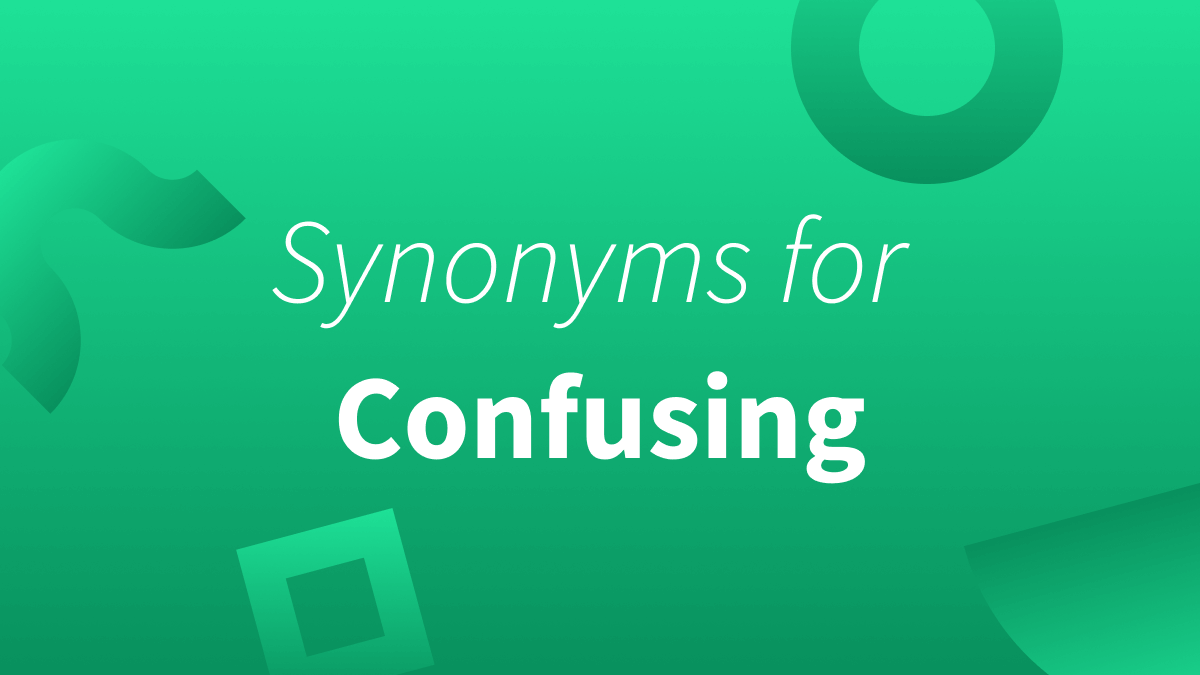PDF] Near-Synonym Choice using a 5-gram Language Model
Por um escritor misterioso
Descrição
An unsupervised statistical method for automatic choice of near-synonyms is presented and compared to the stateof-the-art and it is shown that this method outperforms two previous methods on the same task. In this work, an unsupervised statistical method for automatic choice of near-synonyms is presented and compared to the stateof-the-art. We use a 5-gram language model built from the Google Web 1T data set. The proposed method works automatically, does not require any human-annotated knowledge resources (e.g., ontologies) and can be applied to different languages. Our evaluation experiments show that this method outperforms two previous methods on the same task. We also show that our proposed unsupervised method is comparable to a supervised method on the same task. This work is applicable to an intelligent thesaurus, machine translation, and natural language generation.
![PDF] Near-Synonym Choice using a 5-gram Language Model](https://www.verywellmind.com/thmb/Z5c1MgXTWvzGZtvh3l-qZNRn0qo=/1500x0/filters:no_upscale():max_bytes(150000):strip_icc()/GettyImages-172163714-56910a493df78cafda818537.jpg)
Personality Test: Definition, Types, and Uses for Personality Testing
![PDF] Near-Synonym Choice using a 5-gram Language Model](https://venngage-wordpress.s3.amazonaws.com/uploads/2020/06/how-to-make-an-infographic-blog-header.png)
How to Make an Infographic in Under 1 Hour (2023 Guide) - Venngage
![PDF] Near-Synonym Choice using a 5-gram Language Model](https://media.springernature.com/m685/springer-static/image/art%3A10.1038%2Fs41586-023-06291-2/MediaObjects/41586_2023_6291_Fig1_HTML.png)
Large language models encode clinical knowledge
![PDF] Near-Synonym Choice using a 5-gram Language Model](https://ars.els-cdn.com/content/image/3-s2.0-B9780123735911500024-f02-02-9780123735911.jpg)
n-gram language model - an overview
![PDF] Near-Synonym Choice using a 5-gram Language Model](https://cdn.britannica.com/86/150486-050-3EBC3516/MyPlate-guidelines-food-groups-sections-section-plate-2011.jpg)
Human nutrition, Importance, Essential Nutrients, Food Groups, & Facts
![PDF] Near-Synonym Choice using a 5-gram Language Model](https://www.simplypsychology.org/wp-content/uploads/kohlberg-moral-development.jpeg)
Kohlberg's Stages of Moral Development
![PDF] Near-Synonym Choice using a 5-gram Language Model](https://upload.wikimedia.org/wikipedia/commons/thumb/5/5e/GCD_through_successive_subtractions.svg/220px-GCD_through_successive_subtractions.svg.png)
Algorithm - Wikipedia
Language Model Concept behind Word Suggestion Feature, by Vitou Phy
![PDF] Near-Synonym Choice using a 5-gram Language Model](https://www.coursehero.com/thumb/55/b2/55b2fe724c44f53dff5bf8979133d5fdd0780f22_180.jpg)
smoothing.pdf - LANGUAGE MODELLING - GENERALIZATION & SMOOTHING C. Demmans Epp CMPUT 497/501 Fall 2023 This work is licensed under a Creative Commons
![PDF] Near-Synonym Choice using a 5-gram Language Model](https://media.springernature.com/m685/springer-static/image/art%3A10.1038%2Fs41467-021-27375-5/MediaObjects/41467_2021_27375_Fig1_HTML.png)
Modulation of dopamine tone induces frequency shifts in cortico-basal ganglia beta oscillations
de
por adulto (o preço varia de acordo com o tamanho do grupo)







